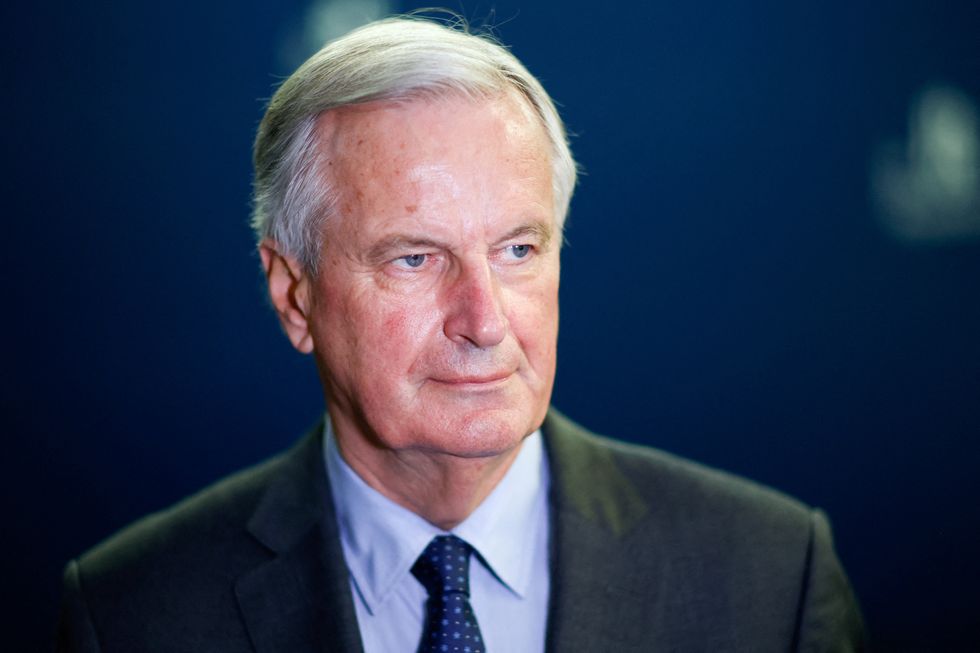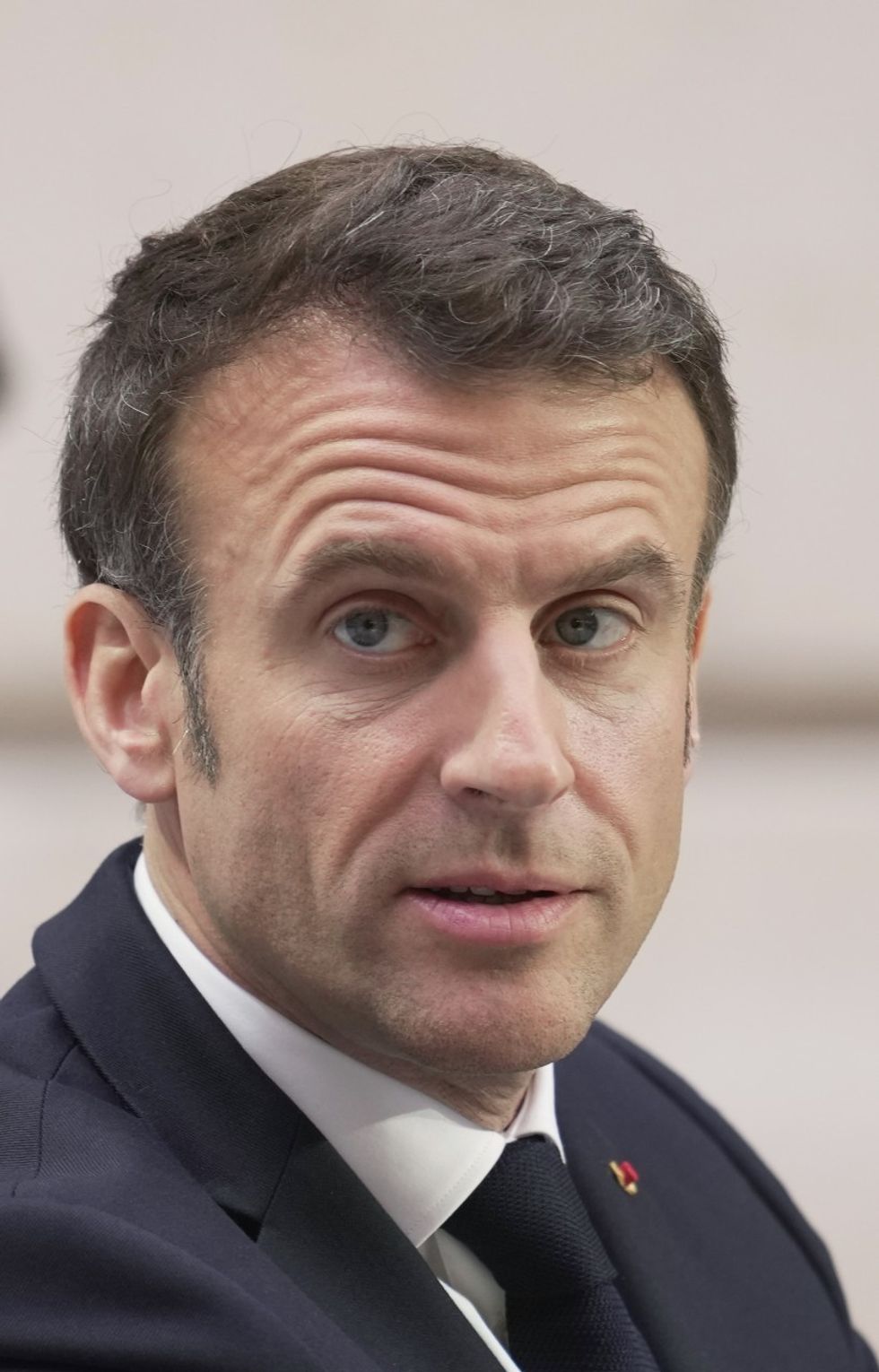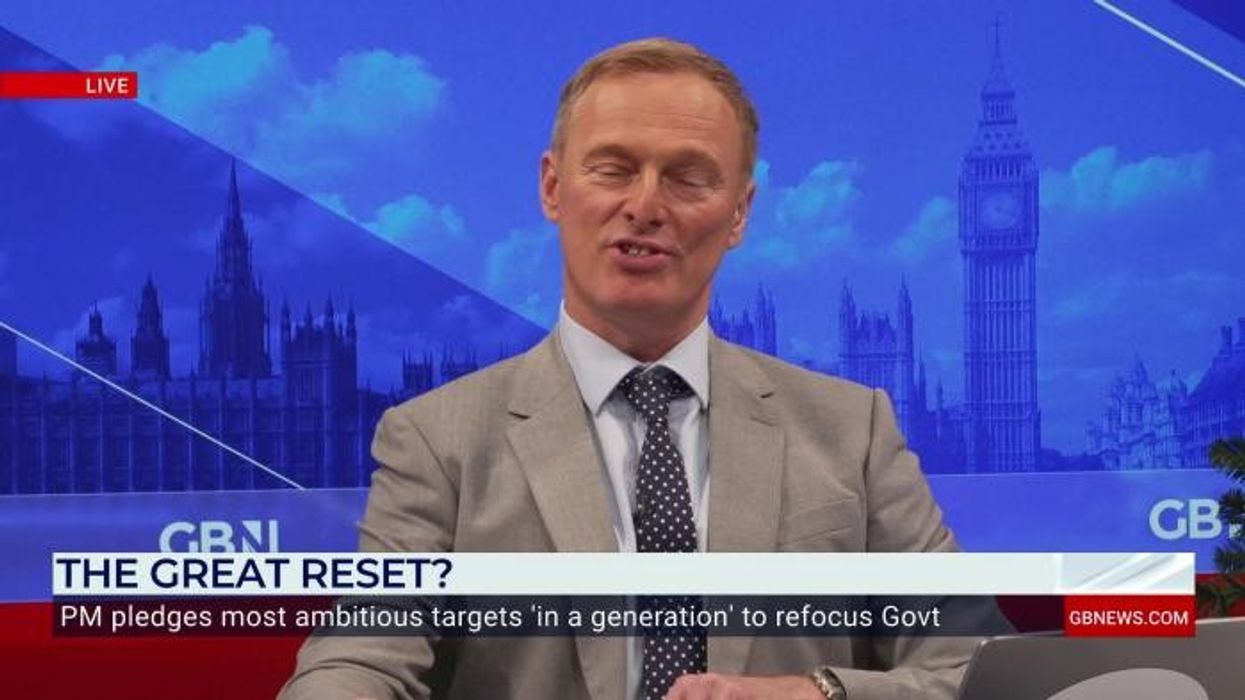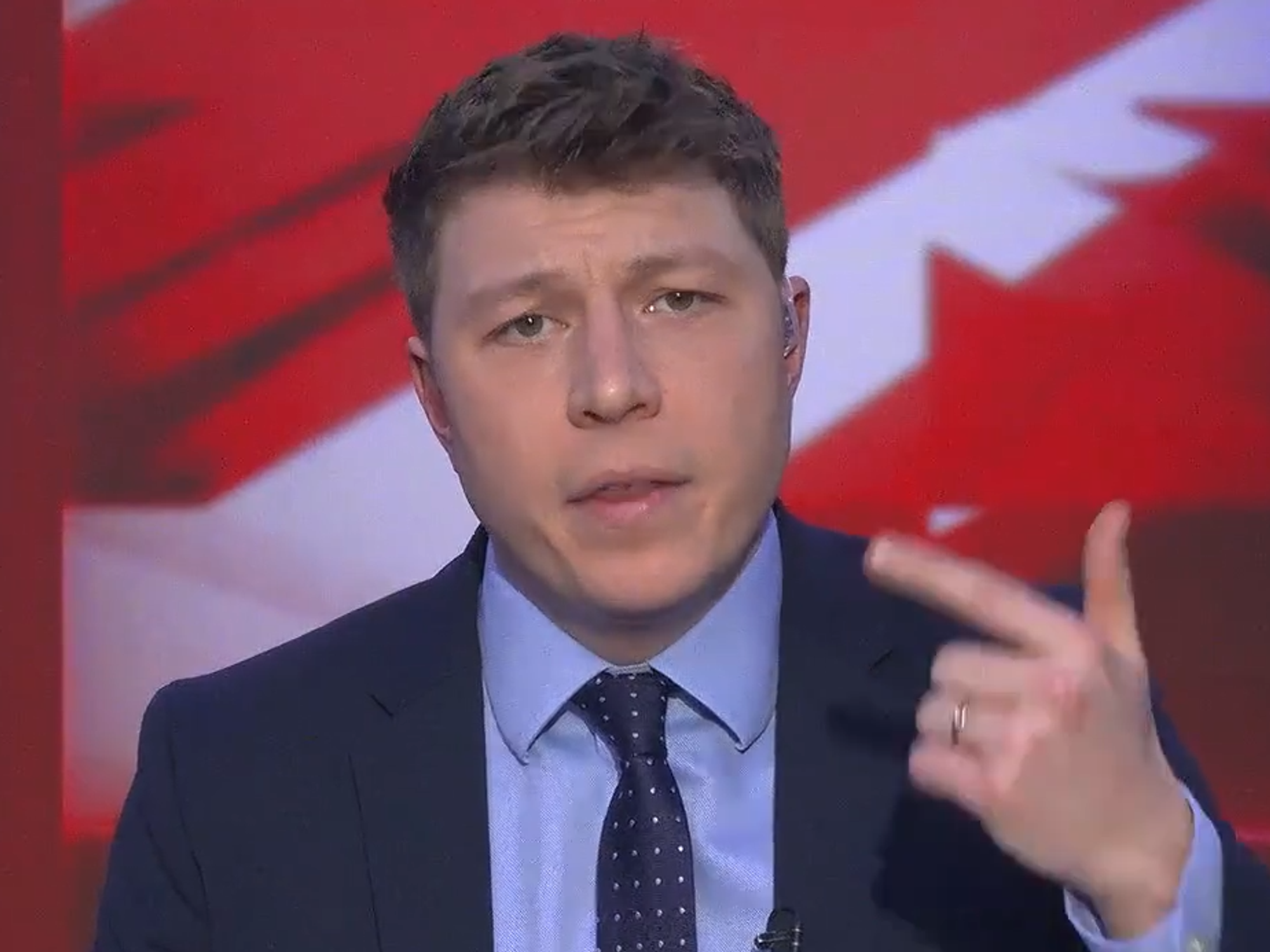France is now left without a government or a budget - so what comes next? Inside Macron's new nightmare

The Eurozone's second-strongest economy is in a death spiral
Don't Miss
Most Read
Latest
Yesterday, an alliance of right and left-wing parties toppled the French government, leaving the Gallic nation rudderless and without a budget.
In a moment that now seems machiavellian, National Rally (RN) leader Marine Le Pen said ahead of the vote: "We've reached the moment of truth, a parliamentary moment unseen since 1962, which will likely seal the end of a short-lived government."
In truth, Prime Minister Michel Barnier's fate was sealed two days earlier when he used a rare constitutional power to force through his 2025 budget without a parliamentary vote.
This angered both RN - who demanded concessions from Barnier to get the budget over the line - and left-wing parties, such as the Socialist Party, who accused the PM of adopting austerity measures.
The accusation is not without merit, but tough decisions must be made to rescue the Eurozone's second-strongest economy.
France’s debt surpassed 110 per cent of GDP in 2024, a level considered risky for long-term fiscal sustainability.
Its public-sector deficit is projected to exceed six per cent of GDP this year alone, well above the EU's target of three per cent.

An alliance of right and left-wing parties toppled Michel Barnier's minority government on Wednesday
| REUTERSBarnier’s budget aimed to curb this spiralling deficit by bringing in €60billion (£49billion) in tax rises and spending cuts.
This would have barely made a dent, but at least put France on the right path.
Now the country is without a government and a budget, the economy will sink further into the abyss.
So, far markets have remained relatively calm. French stocks have even rallied slightly, aligning with the performance of broader European indices.
However, their overall performance since the political uncertainty began has been lacklustre, with the French CAC 40 index underperforming compared to its German counterpart, the DAX.
There has been some turbulence in the bond markets, with the spread between French and German 10-year government bond yields narrowing, indicating that while there is some concern, it's not leading to a significant sell-off in French bonds.
The euro has also remained relatively stable, showing resilience despite the political upheaval in one of Europe's key economies.
However, this is likely the calm before the storm, as sorely-needed structural economic reforms will be impossible.
With no party or coalition holding a majority in the National Assembly, any new government would likely be a minority one, which would make it ineffectual and vulnerable to falling.
LATEST MEMBERSHIP DEVELOPMENTS
- Clive Myrie is an example of everything that is wrong with the BBC - Kelvin MacKenzie
- POLL: Should the UK follow the Dutch and impose fixed population size to control immigration?
- Tory defector begs Reform UK to avoid critical MISTAKE as he reveals 'final straw' behind exit

Macron's decision to call a snap election six months ago means another one cannot be held until at least July next year
| PABarnier's government will transition into a caretaker role. This means it can only handle day-to-day affairs and cannot initiate new legislation, including budget proposals.
To avoid a government shutdown, which is not part of French political practice, the current year's budget can be extended into the next year through a special law.
This measure would ensure that civil servants are paid, and essential services continue, albeit without the ability to introduce new spending or tax policies.
The inability to pass a new budget or enact new legislation means that significant reforms, economic or otherwise, are now on hold.
And thanks to President Emmanuel Macron calling a snap election six months ago, another one cannot be held until at least July next year.
This paralysis matters because reform is urgently needed.
The country's public debt has been rising for years, exacerbated by the 2008 financial crisis, the COVID-19 pandemic, and the energy crisis.
Data provided by Professor Juan Ramón Rallo shows that France has the largest government in the world, with state spending accounting for roughly 57 per cent of GDP.
Without a decisive mandate to implement austerity measures or fiscal reforms, this yawning deficit will only widen, increasing the cost of borrowing and shaking investor confidence.
What this means for the rest of the continent remains to be seen, but expect shockwaves.











